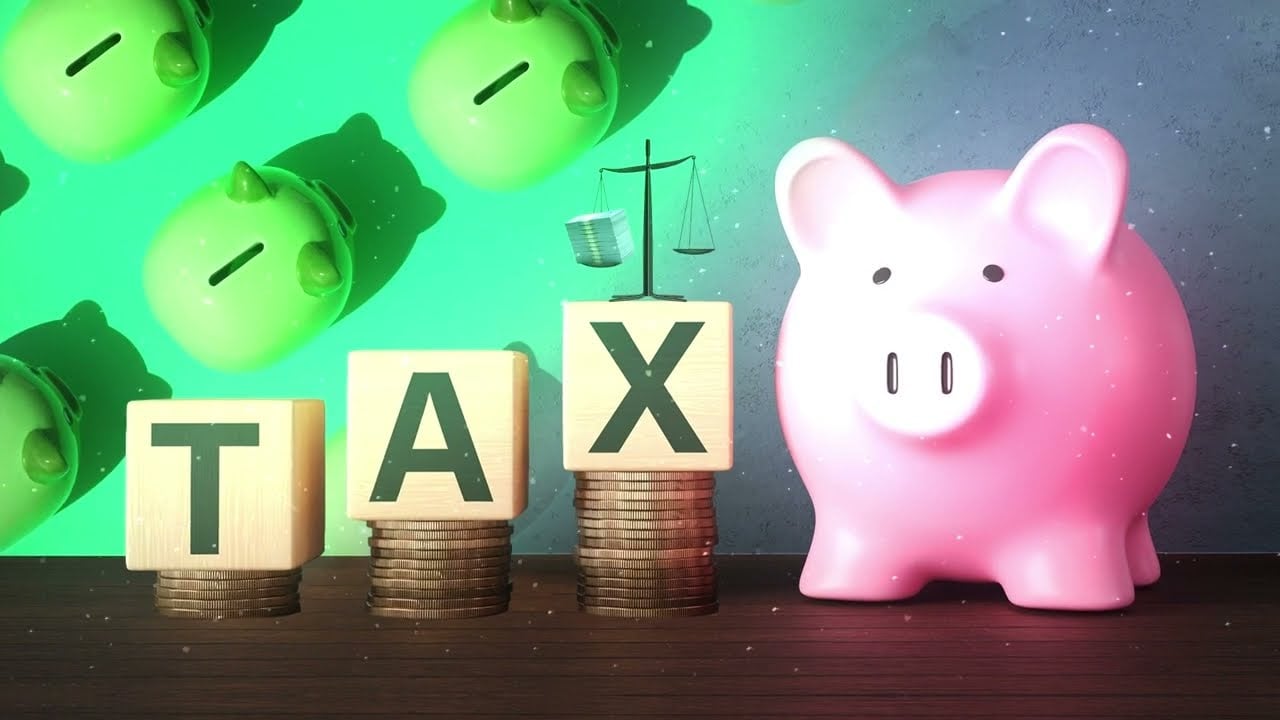Sharehub Consent:
Please note that by registering for and/or connecting to the JSE ShareHub, You consent to your personal information provided by You (including, but not limited to Your name, identity number, telephone number, e-mail address and feedback) being processed in terms of applicable data protection legislation, including, but not limited to the Protection of Personal Information Act, 2003, as amended. Take note that we will use your personal information to facilitate the provision of services to You, including verification services and such services may be provided by us or by third parties appointed by us. By Your submission of your personal information and clicking on the “Register” button, You consent to the processing of your personal information for these purposes.
For further information on how the JSE will process your personal information, please see the JSE Limited's Privacy Policy - https://www.jse.co.za/privacy-policy
- In addition, there is an additional POPIA Consent a potential claimant must agree to the following Sharehub consent in order to proceed:
POPI Act Consent:
Please tick the box to indicate your consent for us to process your personal information in accordance with the Protection of Personal Information Act (POPIA). By providing consent, you agree that we may collect, store, and use your personal data for the purposes specified in our Privacy Policy, which includes communication and updates related to our services.
































